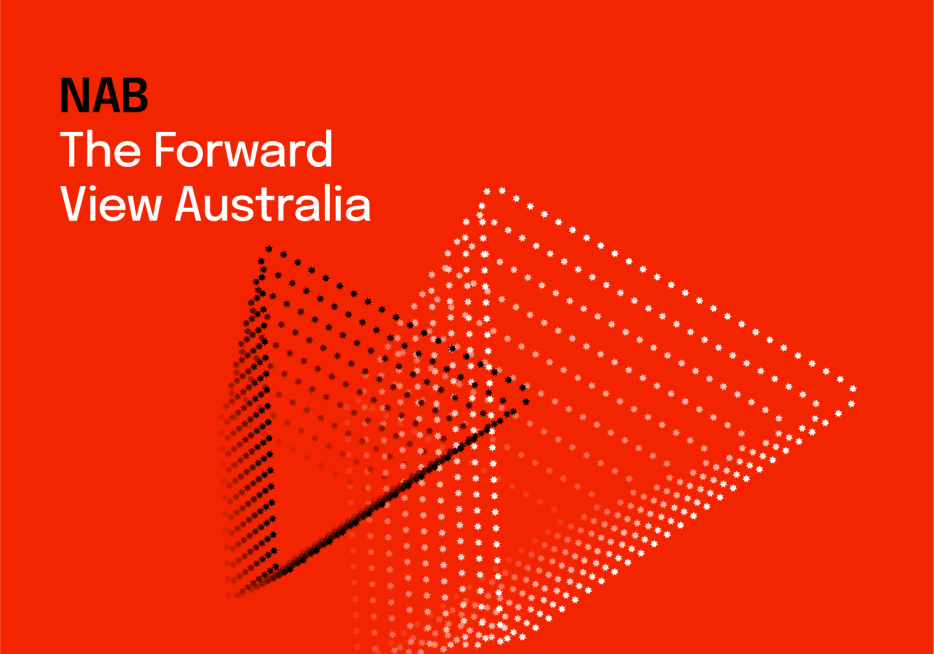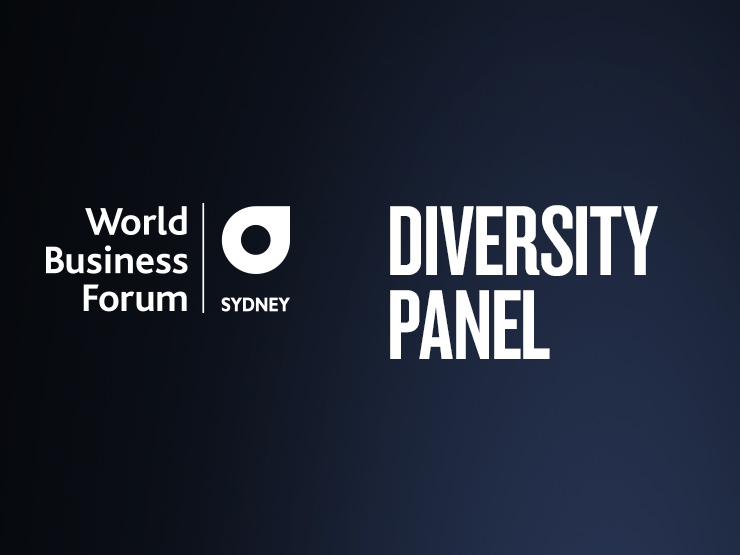Firmer consumer and steady outlook


Insight
There is a strong business case for diversity beyond legal and moral imperatives. Our panel moves beyond the rhetoric to explore how to bring diversity to life.

In an age of disruption, when the war for talent is particularly fierce, diversity is an important tool for attracting the best and brightest. But there’s an increasingly clear business case that a more inclusive workforce creates better performance and better customer relationships.
Corbett: We are a company made up of lots of small businesses. The growth in online shopping and the huge proportion of female decision-makers means it makes sense to focus on diversity of thought and opinion to reflect what customers want and what you people expect.
Winnett: Holden is changing: we used to manufacture –no longer. To remain relevant diversity is key. If we don’t change we sail into oblivion.
Mentis: NAB has 35,000 employees: we need to make we sure support them to bring their best to work. The diversity of our people has to match the diversity of our clients so we can make sure we understand our customers.
Mentis: We make sure it’s embedded in our DNA and leaders are important in bringing our strategy to life. It’s about the way we do business – it’s not an add- on. It impacts the way we recruit and the way we accelerate talent. Fifty percent of our recruits have to be female; we need a proportion in senior roles that are female.
We’ve always been passionate about Indigenous Australia and were recently given Elevate Award by the Indigenous Council of Australia. We have more than 200 Indigenous Australians working for us and have supported 15,000 through micro finance.
Winnett: Going through major change has made us empathise and care for our people. Every night you have a choice – do an extra 15 minutes on an email or go and read to the kids – we believe doing that is more important than the email. That has resonated with staff.
Corbett: It has to start from the top. One of the important things we did was try to work through the shared values we wanted to live by as a company. The most important one was respect – treating others as you want to be treated yourself.
Corbett: Communicating and talking to your people. A company needs to reflect what customers and the workforce want, so you have to go and ask them that.
Mentis Flexibility is very important. Eighty five percent of our workforce can work flexibly.
Winnett: We want people to think Holden is a diverse business that cares about customers and people. Our primary focus is on gender. Our leadership is still predominantly male.
Diversity is easier if it makes business sense. When we sponsored the Mardi Gras our social media stats went up 480%. We sold more Colorados in that week than any other. The ratio of those who didn’t like us any more vs those who did was 1:8.
Mentis: You have to deal with the unconscious biases and behaviours people bring to work – and their limiting beliefs – and create an environment where people can flourish.
The use of data is important. McKinsey recently came in and did a health check on our culture –showing ways of working, norms and behaviours and what we needed to change.
Winnett: Many times when we have inched forward it has been opportunistic. It is about seizing the moment. We did a rainbow V8 racing car and there was a lot of fear about that but reaction was positive. Businesses can be amazingly conservative but I’m yet to understand the downside of diversity. The upside from a commercial perspective is untapped.
Corbett: Awareness is key. How you make sure as an individual you are aware of what customers, community and workforce is thinking? But what do you do with that awareness? Education is critical.
Mentis: We have targets, not just for women in executive roles, but for the Board and for participation in talent programs and for recruitment and succession plans. We measure those. We make sure there is a proportion of female candidates on a short list and that there is gender representation in decision-making. Our leaders have accountability for how they are progressing on diversity and inclusion.
Winnett: The tangible reasons for doing this is people want to come and work with Holden and they stay longer, so we spend less on recruitment. It also makes our people amazing brand ambassadors.
Corbett: The end point is making sure our employees think Australia Post values diversity. There is improvement year on year. The sections that do feel we value diversity show increased discretionary effort, they want to stay and are striving to do more.
Mentis: In one business we changed the leadership team to be more representative of our clients – not just gender, but ethnic orientation. We ensured when we brought clients together and met with them we brought the whole relationship – including partners. Over three years we doubled revenue, cash earning and return on equity in that division.
Ashley: We’ve been making purposeful changes to advertising stereotypes. Why is it a woman driving the car to pick the kids up? It doesn’t cost more to change it but it makes a difference to consideration. Women 22-44 who would not have considered Holden now have us in their sights.
Corbett: Don’t wait for a big plan. Decide what you really care about and start with that. Talk to your people and see what matters to them and be prepared to shift and change your perspective. Partner with others and bring in collective wisdom form your community into the organisation.
Ashley: Seek to understand. Know that everyone is watching you. It sends a signal when you say let’s be flexible but sit in office 12 hours a day. So if you want to send a message leave a bit earlier. If the boss cam do it, what can’t I?
Mentis: It starts and ends with leaders. You have to be ambitious and care deeply about what is important – you have to ask what are the moments that really matter to them? When they bring their best to work it’s good for customers, the company and communities.
© National Australia Bank Limited. ABN 12 004 044 937 AFSL and Australian Credit Licence 230686.